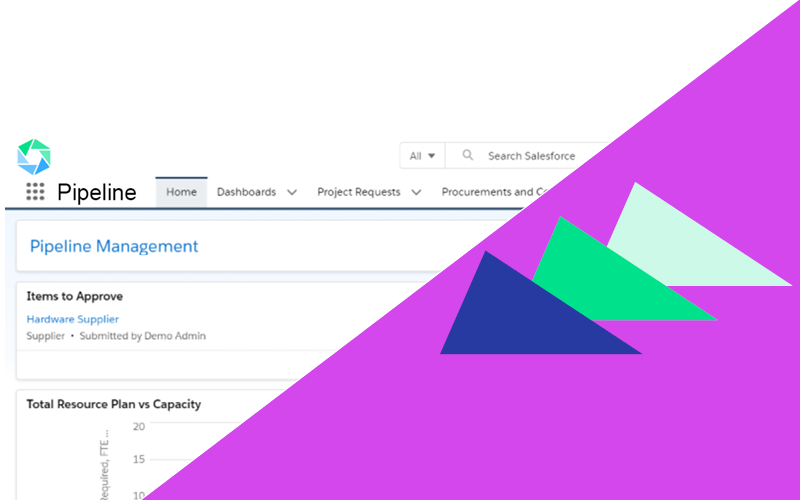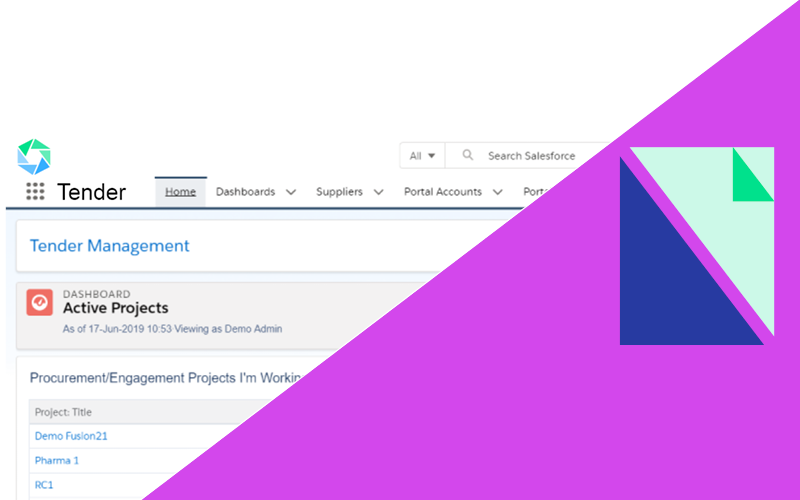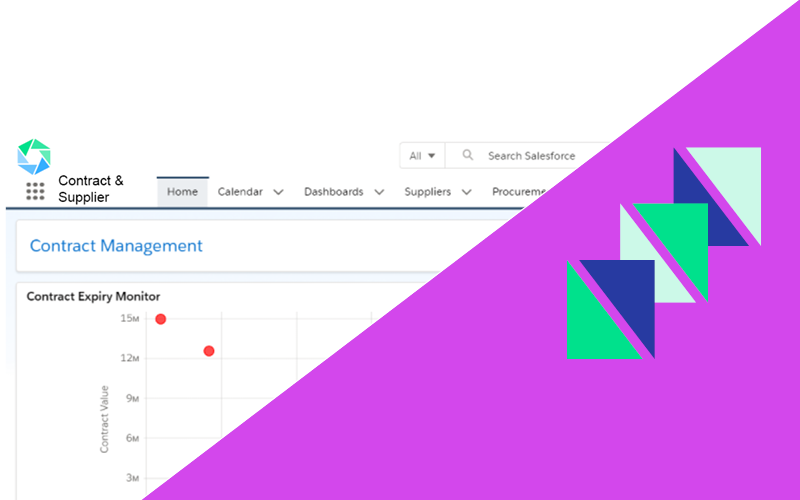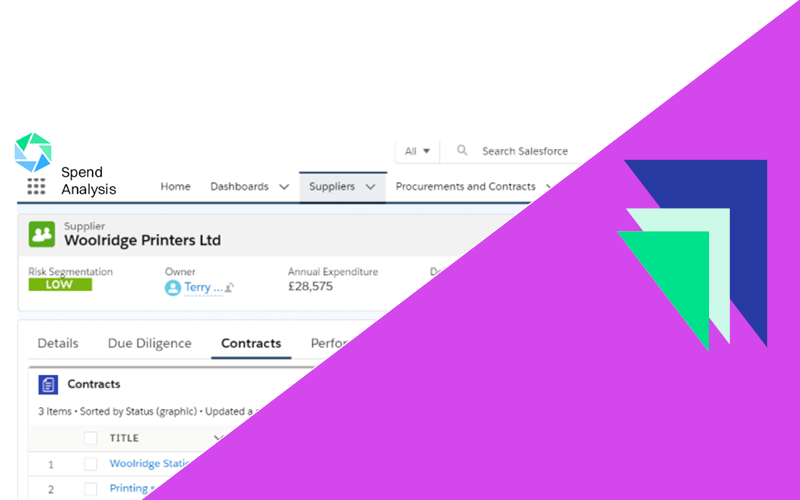The global pandemic has meant we have had to respond swiftly to unprecedented challenges. Procurement has found itself under the spotlight as companies have had to adapt their working practices while reducing costs. Previously the procurement department was often seen as a cost-cutter. Now it is crucial to the survival of many organisations who are seeing its true value.
The shift in focus offers an opportunity for procurement to reinforce its value as a strategic partner. As part of this, the procurement process needs to be beyond reproach. Many procurement departments have had to adapt their processes to speed up procurement and overcome sourcing and supply issues. What are the lessons that can be learnt from the pandemic, which can be incorporated into the procurement department of the future?
Communication and collaboration are key
In their response to coronavirus, organisations have been more collaborative to deal with the changing needs of their customers. For procurement, getting the business actively involved in the decision-making process has helped them better understand departments’ objectives and become more responsive to their needs.
The same approach taken with suppliers has also been effective. Procurement departments who collaborate closely with suppliers and regularly communicate with them have been able to identify early warning signs of problems. They have then helped the business to develop mitigation strategies and reduce the impact of supply chain disruption.
In a time when technology is at the forefront of many business transformation plans, the pandemic has brought home the importance of human relationships. Organisations with close relationships with suppliers have been able to leverage them to find solutions to supply issues.
Agility is possible
If coronavirus has taught us anything, it’s that businesses can be agile. The fight for survival has swept away reasons for not introducing change. Many private procurement departments found themselves sourcing sizeable amounts of IT equipment to enable remote working for their workforce virtually overnight. Healthcare providers continue to address the challenge of sourcing medical supplies, in particular PPE for frontline staff.
Agility also extends to organisations’ supply chains. In normal circumstances, a global supply chain often provides a low-cost option for goods and services. However, they have shown a lack of agility when adapting to increased levels of demand and changing conditions. Because of this, there has been a move to using local supply chains, where local suppliers have been more reactive to demand.
The focus on local supply chains is likely to continue in the future. As well as greater agility, using local suppliers means businesses have better oversight of their suppliers’ working and employment practices making risk management easier. Organisations are also protected from economic influences and currency fluctuations associated with using overseas suppliers.
Focus on fraud
Coronavirus has left us all vulnerable and unscrupulous criminals are exploiting the current situation. Introducing a faster and more agile procurement process has highlighted the importance of monitoring and mitigating current and emerging fraud risks. Risks include:
● Fraudulent purchases of company equipment
● Misappropriation and theft of company assets
● Phishing and information security threats
● Prepayment for goods or services that are not received
Procurement departments have been balancing time pressures with carrying out fraud risk assessments, monitoring emerging risks and incorporating them into their risk management procedures. In the public sector, advice on tackling procurement fraud has been given on a national and local level. The NHS Counter Fraud Authority has provided specific guidance on dealing with procurement fraud risks during Covid-19 to accompany the relaxation in procurement rules and practices. And the Ministry of Housing, Communities and Local Government has issued new advice to help councils fight procurement fraud.
Businesses should continue to protect themselves at all stages of the procurement process, from carrying out comprehensive due diligence to ongoing supplier management. Transparency is essential for informed decision making and fraud prevention. Using a centralised digital procurement system is a cost-effective way for organisations to gain the necessary oversight of their procurement process and manage risks.
Now is the time for organisations to review their procurement strategies to ensure they support organisational resilience. While many are in survival mode, savvy procurement departments will be working towards recovery. They will determine how they can remain agile and use lessons learnt from the pandemic to introduce permanent changes which benefit their businesses.
Atamis provides scalable and adaptable solutions for procurement. Contact us now for a free trial or access to our demo system.
 Our Pipeline App empowers your team to plan ahead and forecast for upcoming procurement activities.
Our Pipeline App empowers your team to plan ahead and forecast for upcoming procurement activities.  The Tender App allows your team to visualise all sourcing activities within your Atamis platform, from issuing tenders to receiving bids.
The Tender App allows your team to visualise all sourcing activities within your Atamis platform, from issuing tenders to receiving bids. Our Contract & Supplier App puts your team in firm control of your key supplier relationships and provides a central repository for all contracts.
Our Contract & Supplier App puts your team in firm control of your key supplier relationships and provides a central repository for all contracts.  Our Enhancers ensure your solution is tailored to your needs. Pick and choose additional functionality that fits your requirements.
Our Enhancers ensure your solution is tailored to your needs. Pick and choose additional functionality that fits your requirements. 